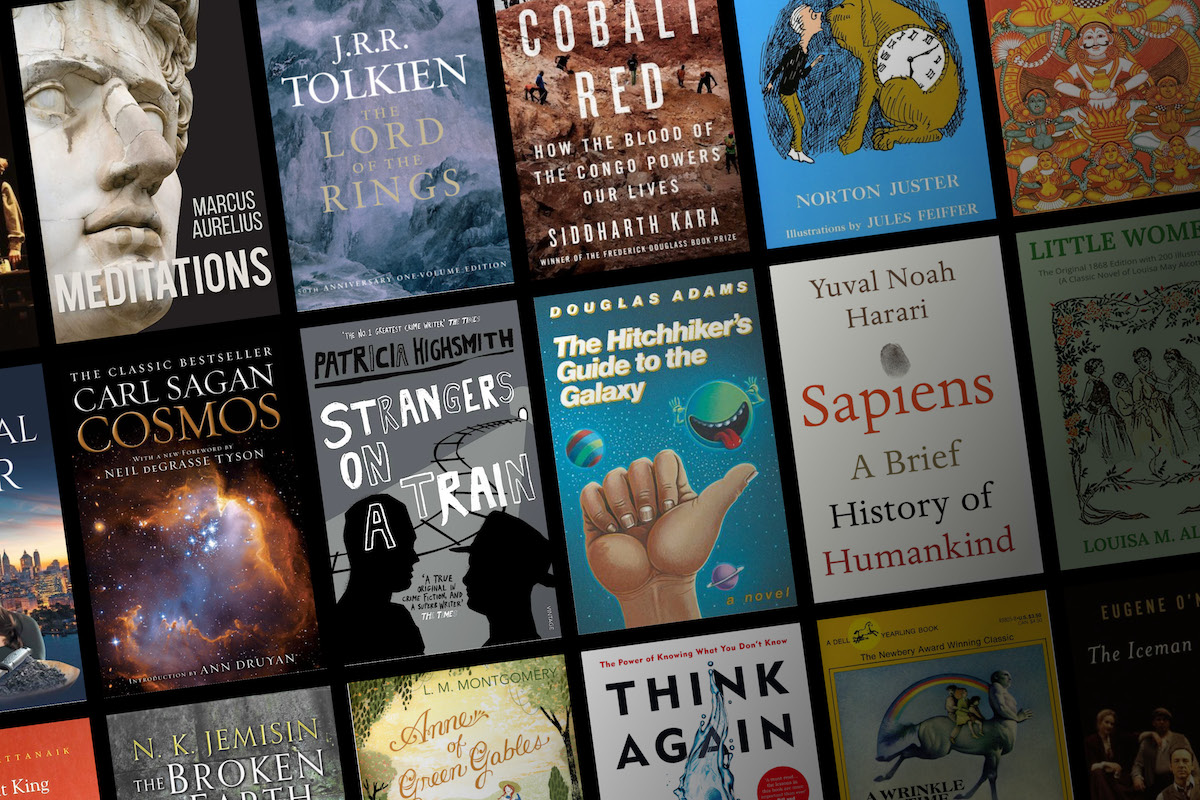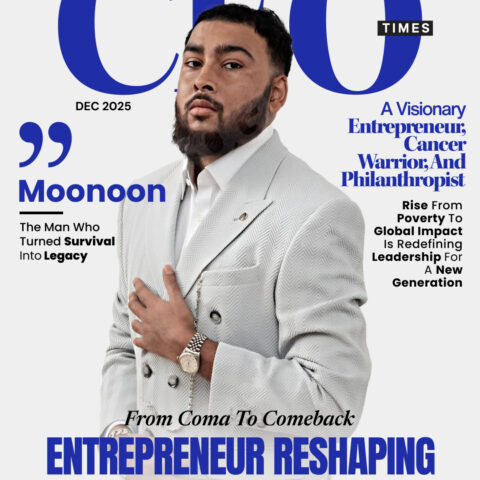In the realm of millennial leadership, Gabby Bernstein stands as a beacon of change. A New York Times bestselling author, Bernstein has captivated a generation with her unfiltered honesty and relatable approach to self-improvement and leadership. Her transformative message of love-based leadership, replacing the old paradigms of control and fear, has begun to reshape the contemporary understanding of success.

While Bernstein openly admits to being a control freak, she has harnessed her knack for control in creative ways, leading to a stream of successful books and worldwide followers. However, she also acknowledges that control, if not kept in check, can adversely affect a team’s dynamics and hamper growth.
Too Much Control: A Double-Edged Sword
For leaders, control can sometimes act as a double-edged sword. It might provide a sense of security and drive impressive outcomes, as evident in Bernstein’s successful career. However, if not managed carefully, the need to control can become counterproductive.
Bernstein learned this lesson the hard way during the pandemic. Her heightened need for control led to chaos and discomfort among her team, prompting her to introspect and work on her controlling tendencies.

For many leaders, the need for control is often driven by a desire for perfection and high standards. However, a controlling leadership style can lead to an unsafe and stifling environment, hindering creativity and innovation.
Releasing Control: A Recipe for Success
According to Bernstein, a successful leader is one who is capable of surrendering and letting go of the need to control, manipulate, and force outcomes. Such leaders exhibit radical honesty, acknowledging their strengths and weaknesses while leading from a place of clarity, compassion, and creativity.
To facilitate the transition from a controlling leadership style to one that fosters innovation and creativity, Bernstein shares five key strategies:
- Self-Honesty: Recognize your controlling behaviors and their impact on your team. Self-awareness is the first step toward change.
- Practice the 85% Rule: Shift your expectations of your team’s performance from 100% perfection to 85%. This approach leaves room for growth and reduces frustration and discouragement that can trigger controlling behaviors.
- Transparency: Open up to your team about your tendencies to over-control and what triggers these behaviors. This transparency will build trust and understanding.
- The 24-Hour Rule: When you feel your controlling side kick in, avoid acting on it for 24 hours. This period of reflection will help you respond more thoughtfully and avoid unnecessary drama.
- Clear is Kind: Be explicit about your goals and objectives. This clarity will guide your team and ensure everyone is aligned. When changes occur, update the plan swiftly and communicate these changes explicitly to your team.
Final Thoughts
In the grand scheme of leadership, the act of surrendering is not about giving up but about enabling others to rise. As Gabby Bernstein’s journey shows, embracing the power of surrender in leadership can pave the way for a creative, innovative, and harmonious work environment. With the courage to let go of control, leaders can steer their teams towards unprecedented success, further fueling the paradigm shift in modern leadership.

















